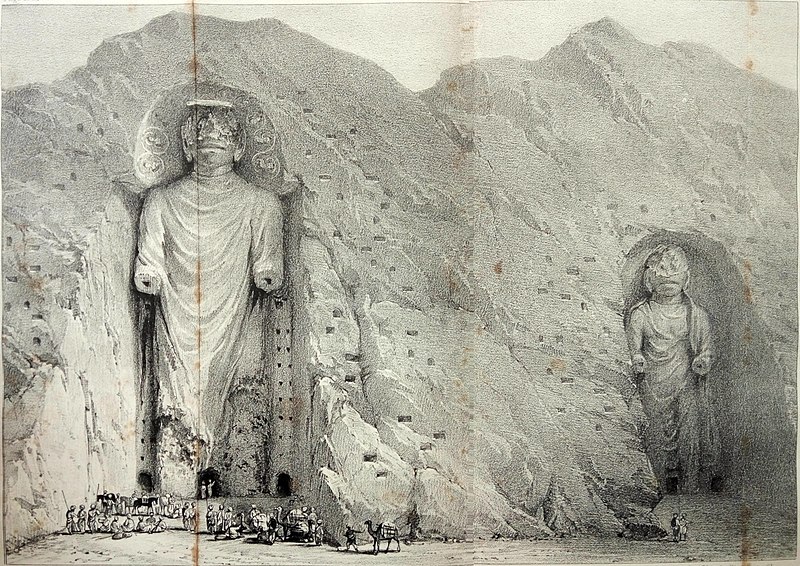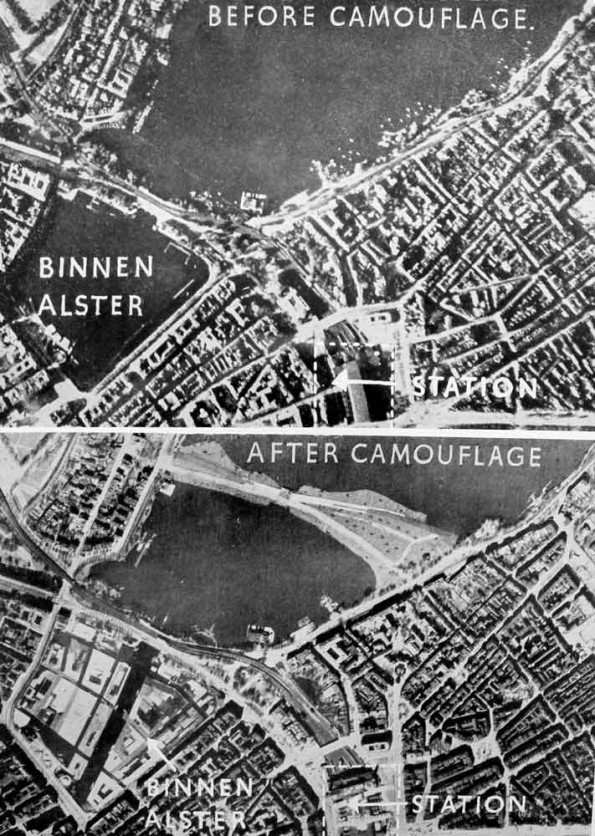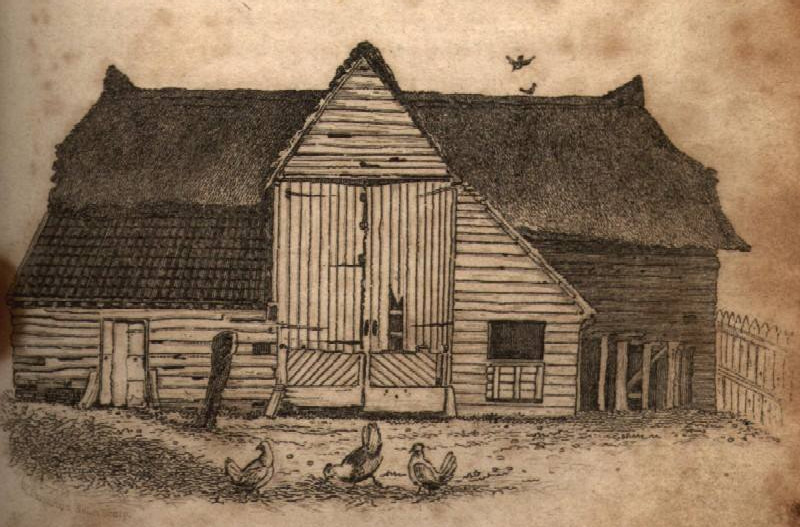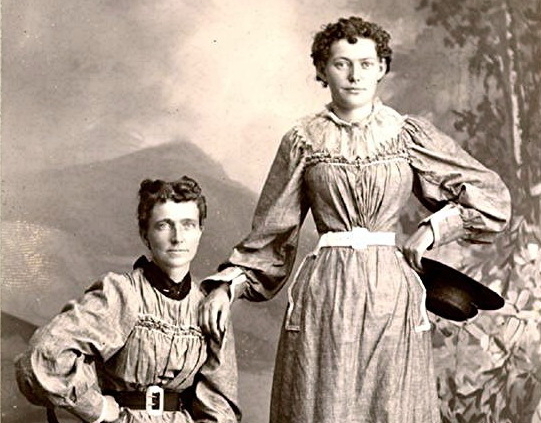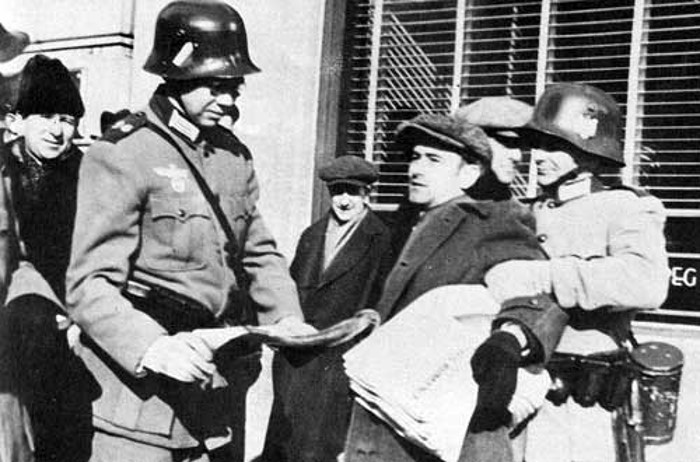
In 1942, Manitoba chose a startling way to promote the sale of war bonds — it staged a Nazi invasion of Winnipeg. For one gripping day, soldiers captured the city, arrested its leaders, and oppressed its citizens. In this week’s episode of the Futility Closet podcast we’ll describe If Day, which one observer called “the biggest and most important publicity stunt” in Winnipeg’s history.
We’ll also consider some forged wine and puzzle over some unnoticed car options.

